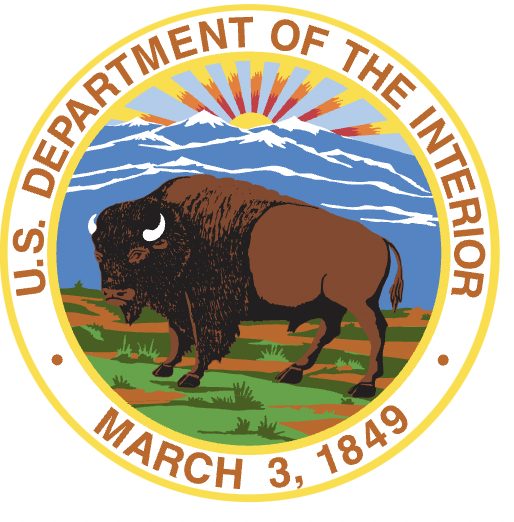At the end of the month, Secretary of the Interior Deb Haaland will lead the first of several discussions with tribes on the implementation of the Infrastructure Bill, the Department of the Interior has announced.

In a Jan. 31st consultation, Haaland, who co-chairs the White House Council on Native American Affairs (WHCNAA), will ask tribal leaders to advise the council on how each Nation wants the $13 billion set-aside in the bipartisan bill dedicated to improving roads, expand broadband access, and fund sanitation, water rights, and environmental reclamation projects in their specific area.
The session will also focus on President Biden’s Executive Order on Improving Public Safety and Criminal Justice for Native Americans and Addressing the Crisis of Missing and Murdered Indigenous People, according to the Interior’s press release.
“As we work to tackle public safety and criminal justice issues impacting Indigenous people or the implementation of the historic Bipartisan Infrastructure Law, I’m proud to bring Tribal leaders and government officials together to further invest in our trust relationship,” Haaland said in a statement.
From Jan 26-28, Haaland is also slated to host separate listening sessions with tribal leaders asking them to “offer input and provide feedback” on early planning decision for programs within the bill on Jan. 26-28. Those programs include:
- Tribal Climate Resilience programs;
- Water infrastructure and drought resilience programs;
- Indian water right settlement investments;
- Wildfire resilience programs;
- Ecosystem restoration programs;
- Legacy pollution programs; and
- U.S. Geological Survey infrastructure law programs.
Tribes can additionally submit written comments via email to [email protected] by Feb. 4. Learn more at https://www.bia.gov/whcnaa.
More Stories Like This
Native News Weekly (August 25, 2024): D.C. BriefsSAVE THE DATE: GVSU’s “Celebrating All Walks of Life” Powwow Set for April 4th
Monday Morning: (February 16, 2026): Articles You May Have Missed This Past Weekend
US Presidents in Their Own Words Concerning American Indians
Osage Nation Mourns the Passing of Former Principal Chief Jim Gray
Help us defend tribal sovereignty.
At Native News Online, our mission is rooted in telling the stories that strengthen sovereignty and uplift Indigenous voices — not just at year’s end, but every single day.
Because of your generosity last year, we were able to keep our reporters on the ground in tribal communities, at national gatherings and in the halls of Congress — covering the issues that matter most to Indian Country: sovereignty, culture, education, health and economic opportunity.
That support sustained us through a tough year in 2025. Now, as we look to the year ahead, we need your help right now to ensure warrior journalism remains strong — reporting that defends tribal sovereignty, amplifies Native truth, and holds power accountable.
 The stakes couldn't be higher. Your support keeps Native voices heard, Native stories told and Native sovereignty defended.
The stakes couldn't be higher. Your support keeps Native voices heard, Native stories told and Native sovereignty defended.
Stand with Warrior Journalism today.
Levi Rickert (Potawatomi), Editor & Publisher

